Media

3 Tips to Improve Your F&B Logistics
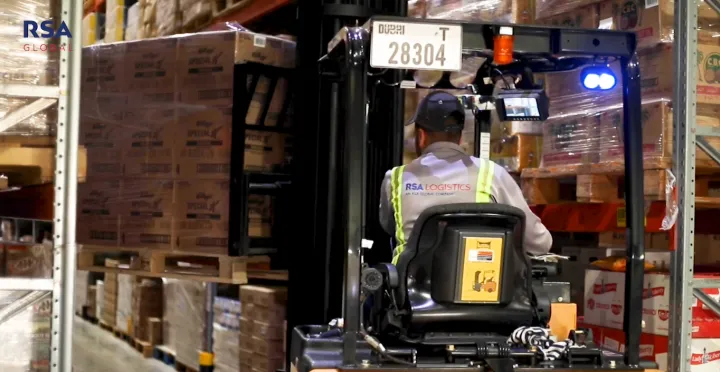
The food and beverage market is one of the most competitive and indeed the one that will always be in demand, as it goes without saying that the global population will never be without it. The pandemic has been a catalyst for a lot of food trends that brought a surge to the F&B market. In the UAE alone, sales within the food and beverage market surged 255% year-over year during the pandemic reaching $412 million according to a new analysis by Dubai Chamber of Commerce and Industry.
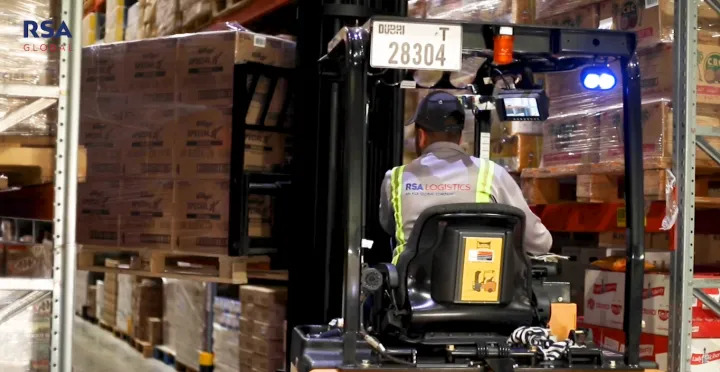
When it comes to F&B supply chain, certain quality standards are necessary to be set in place. Thus, it should be one of the top priorities when looking for a qualified third-party logistics provider in addition to having an end-to-end solution from warehousing up to the transport and distribution. At the same time, factors like sustainability and futureproofing should help translate into better operational efficiency. Here are 3 areas of consideration to help you improve your F&B logistics even within a challenging food supply chain industry.
Temperature-controlled Storage
Cold chain logistics is a critical component of any food and beverage distribution. Proper cold storage is meant to preserve the products’ quality and should be managed to suit the different types of food or beverage products.
The global food cold chain market is steadily growing, with a reported USD 366.8 Billion market share by 2026. This comes due to a growing need for better food and beverage warehousing. With that said, it’s vital to have cold chain facilities and storage as part of a scalable F&B supply chain operations.
Ideally, these types of storage facilities have a combination of temperature zones and have multiple staging locations if needs arise. To compliment this strategy, your designated 3PL should also have a cold trucking fleet that goes hand in hand with the storage facility. This also aids the industry to catch up with the struggles in the ongoing capacity shortages.
Every successful food and beverage logistics provider will have ways to work on scale. Scalable facilities and storage allow for F&B companies to cater to the consumers demands. Whether you are in a market with such abundance of domestic food supply or the opposite, like in the UAE, where 85-90% of food supplies are being imported from other countries, scalability and supply chain efficiency gives you a better and broader market reach.
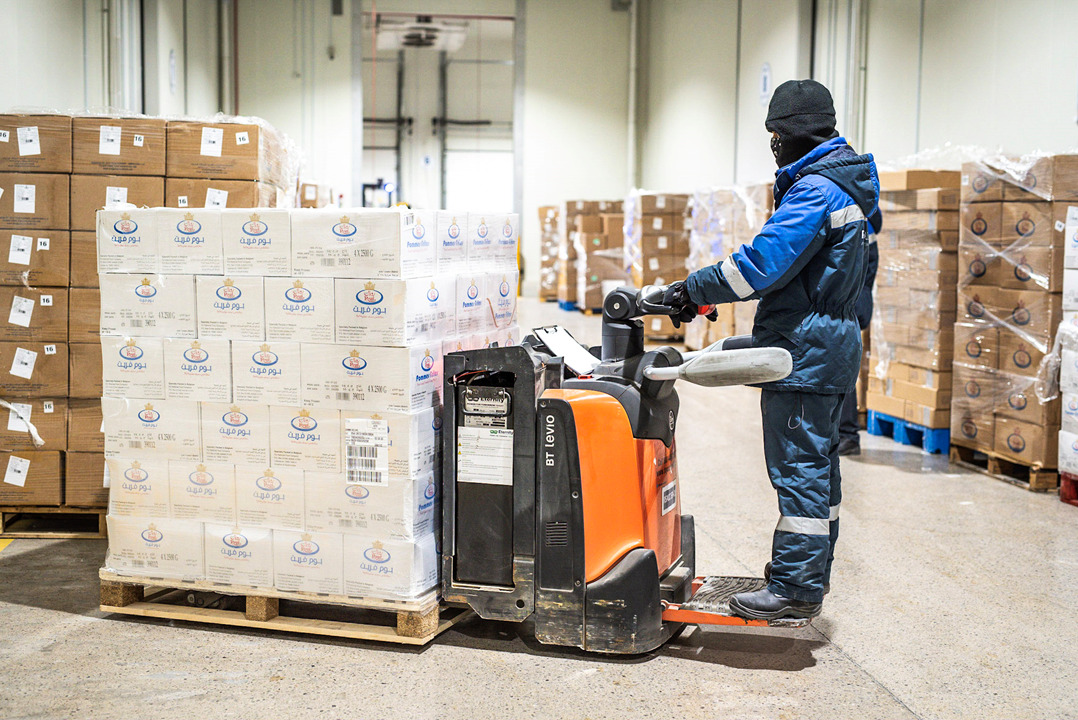
RSA Cold Chain
Ensure Quality Standards Compliance
The supply chain in the food and beverage industries has narrow error margins due to the high degree of complexity and safety requirements involved in the process. The large number of parties involved, perishable nature of the goods, safety regulations, and cost pressures make quality standards compliance a must.
Logistics teams need to provide systems and facilities that meet current quality standards in handling, food safety, and food storage. It should also have the proper certifications and accreditations, including HACCP, FDA, USDA, and IFS, just to name a few. 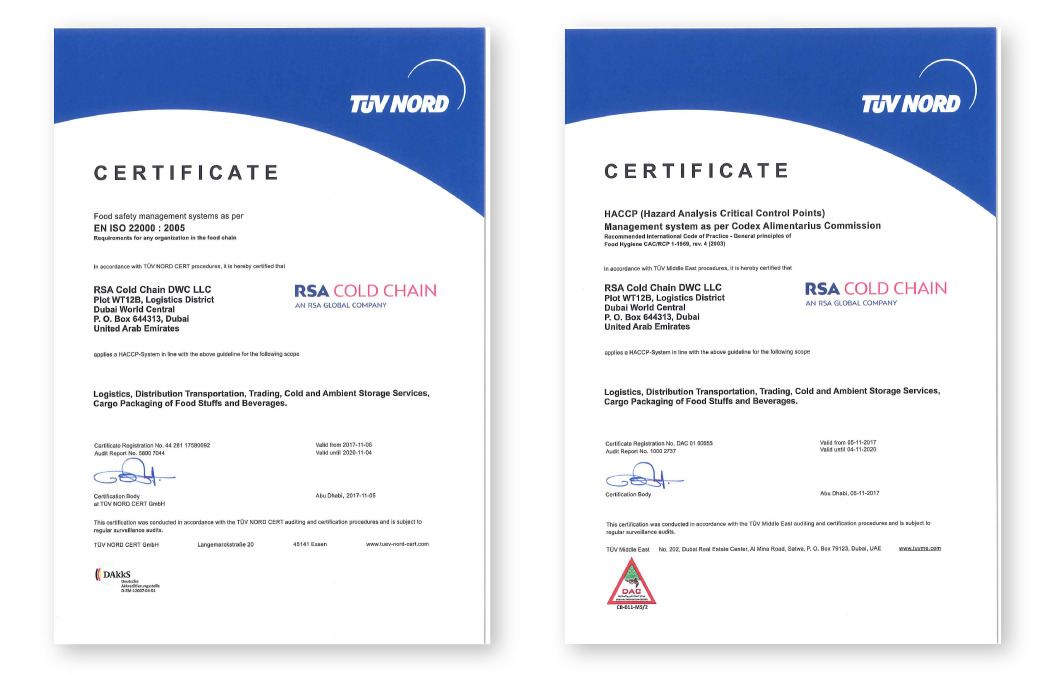
Example of compliance certificates to look for in a F&B logistics partner
Logistics providers outside the United States will have a unique set of challenges with local compliance, but it should be all worth it. For example, studies show that 90% of those who comply with Global Food Safety Initiative (GFSI) standards see immediate benefits from the practice.
Leverage Technological Trends Within the Supply Chain
The F&B supply chain has become a highly digitized one, owing to its significant value in leveraging technologies to reduce risks, increase visibility, and reduce costs.
The rise of IoT, cloud-based data management, and IoT-powered solutions have dramatically improved warehousing and distribution in the F&B industry. By leveraging industry insights and doing an agile adoption of trends, suppliers can better understand their future customers’ needs and wants. This allows them to develop innovative products and strategize better solutions to deliver and answer to the consumer demands.
Integrated supply chain technology is another leverage for trade businesses as it simplifies the seemingly complicated network of freight forwarders, transportation and trucking providers as well as warehousing services. RSA Global’s click ecosystem is one example of an integrated logistics tech-system that comprises of unified applications that is supported by an AI-powered virtual assistant.
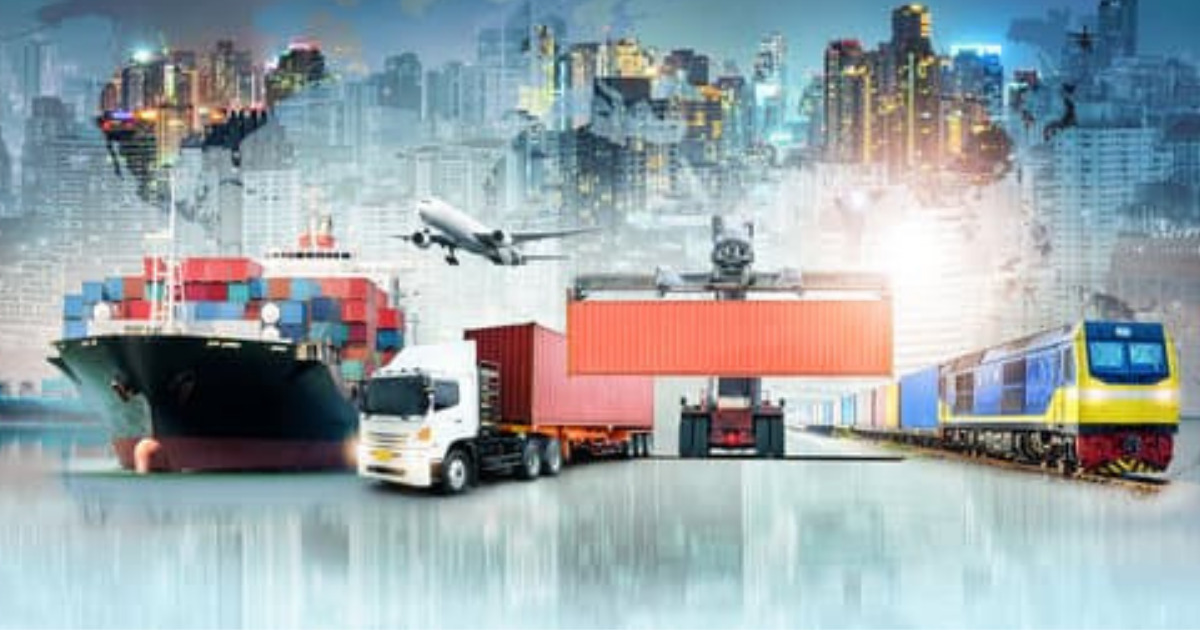
Technology plays a crucial role in making supply chain management more effective, but it is also essential to continue delivering its core principles. According to Deloitte, digital innovation is synonymous with growth. Better technology means faster logistics processing, especially in industries as complex as food logistics and transportation.
The Bottom Line
The F&B supply chain is one of the most competitive industries in the world. To stay ahead, you need a robust logistics solution that can keep up with your growing customer base. Food and beverage companies need to look into acquiring or outsourcing a scalable temperature-controlled facilities and storage that is suited to keep the quality and safety of F&B products.
Compliance with food and beverage standards is also a must to stay competitive. Technology, such as IoT and cloud-based data management, is crucial for effective supply chain management. Consider these three tips to help optimize your entire process for your food and beverage logistics.



